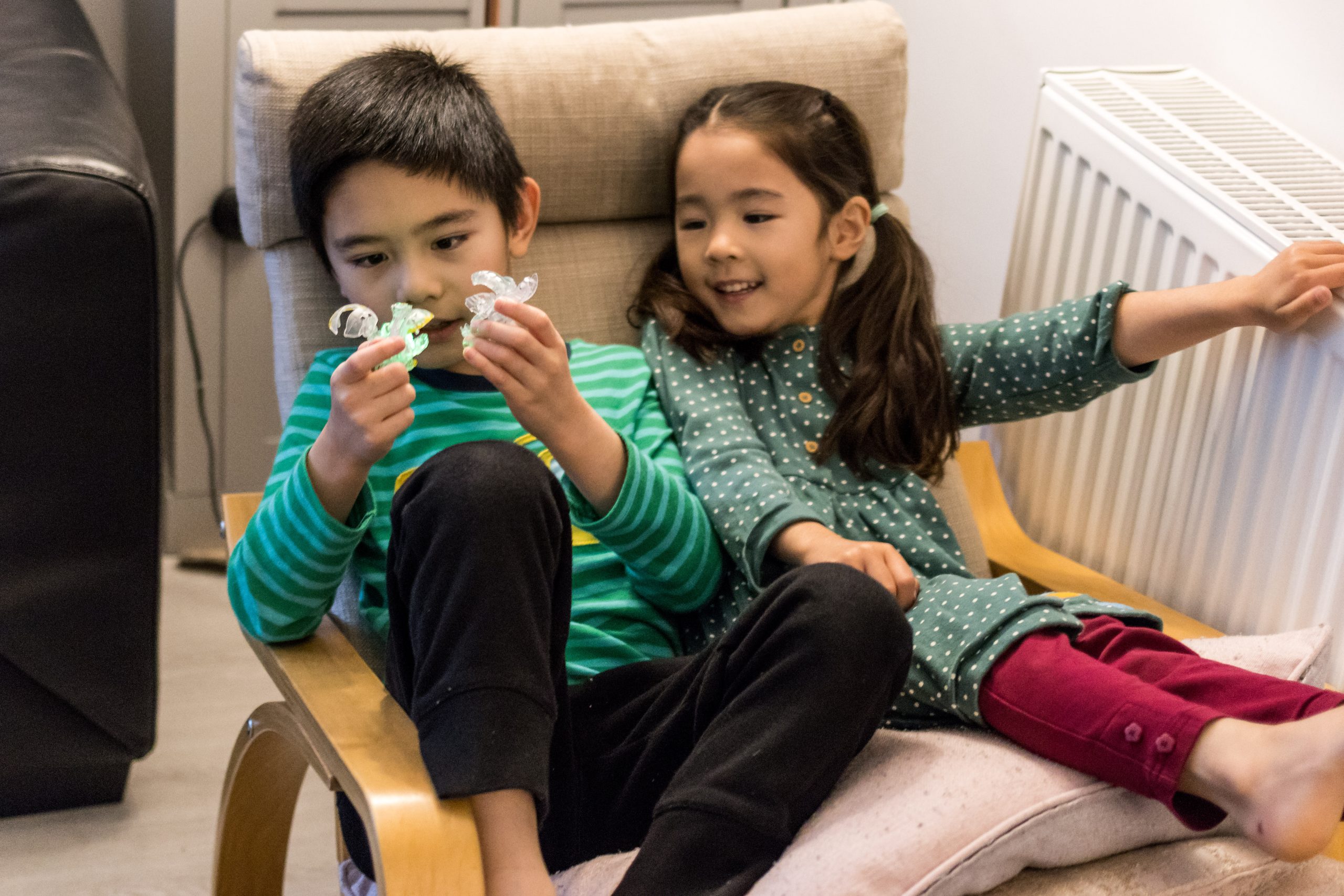Amelia’s story

Amelia is 5. She loves watching films and playing outside. She and her brother Jacob have a fun and loving relationship and love spending time together
Jacob is 8. He loves Pokemon and Minecraft. He is Autistic and has ADHD. He finds it hard if things change at short notice or don’t go as he has planned. He has a shorter attention span and can become restless if he has to wait. He needs a lot of help throughout the day with things such as opening packets and being reminded to go to the bathroom or have a drink.
Impact on sibling
Missing out
Amelia often misses out on things which are really important to her. Sometimes she has to leave activities early, such as playing in the park, even if she would really like to stay for longer, as it is too much for Jacob.
Difference from peers
Amelia would love to do more things after school but this is often too much for Jacob, especially after a full day at school. She has become used to going straight home after school, missing out on time playing with her friends
Heightened sensitivity
Amelia understands that lots of things make Jacob anxious. Things that she would enjoy, such as going to a cinema, make Jacob upset because he doesn’t like the dark or not knowing how the film ends. When Jacob gets anxious, he can find it hard to control his emotions. This means that they often end up doing things separately and not spending time together as a family.